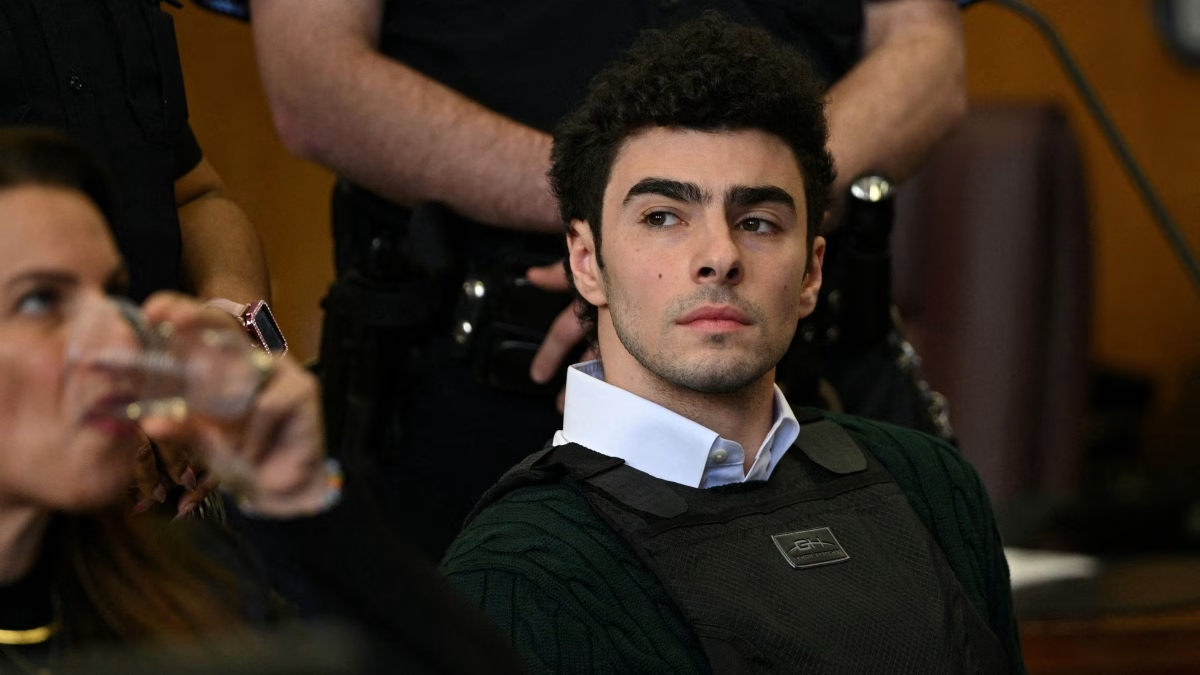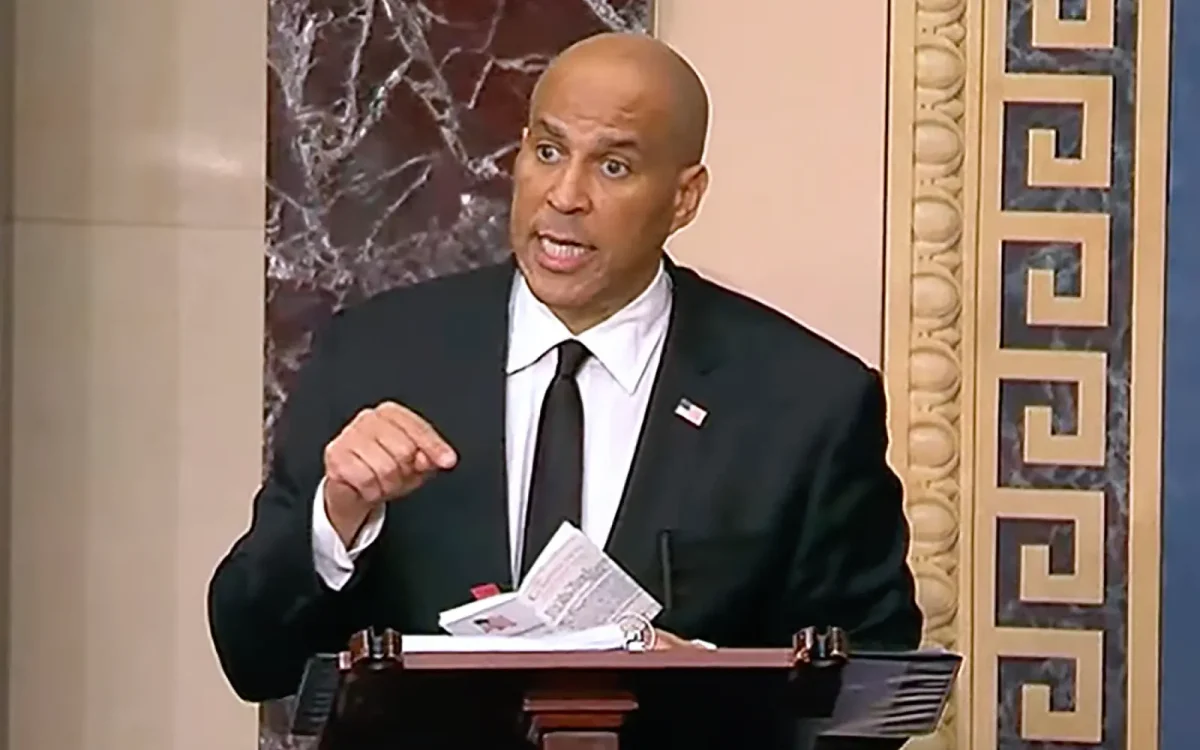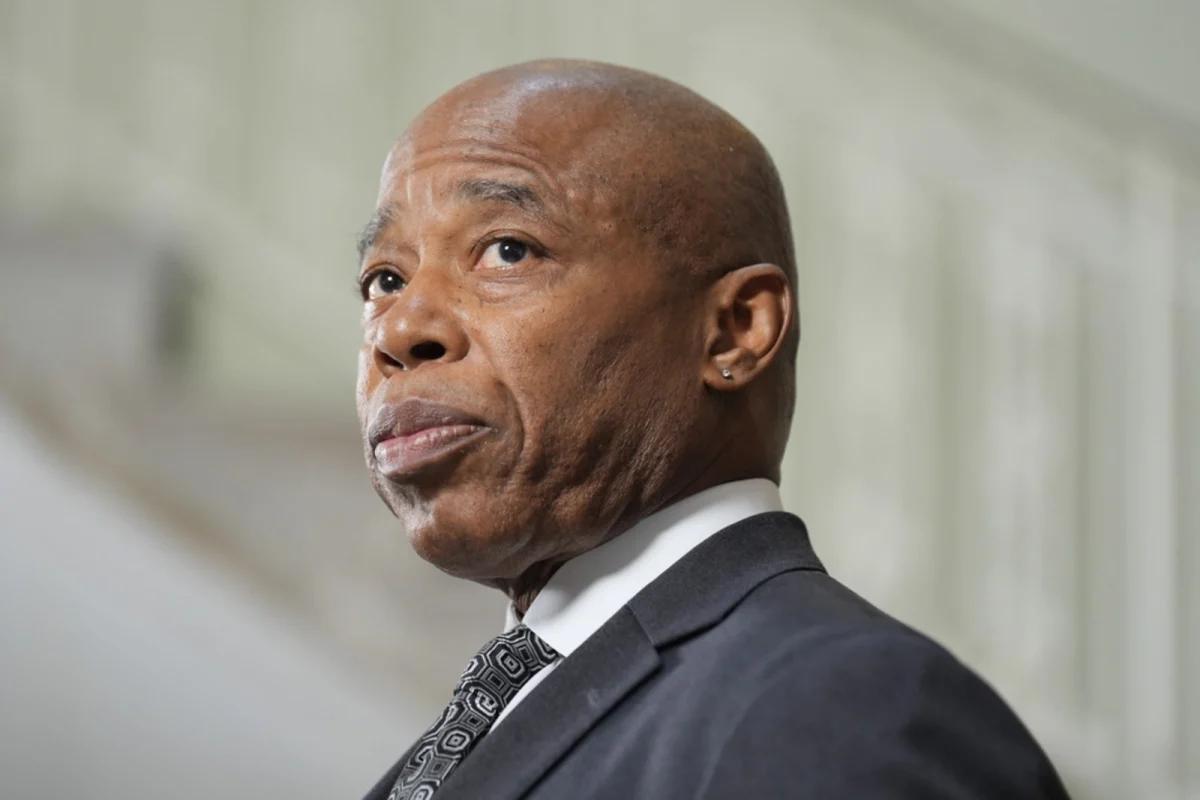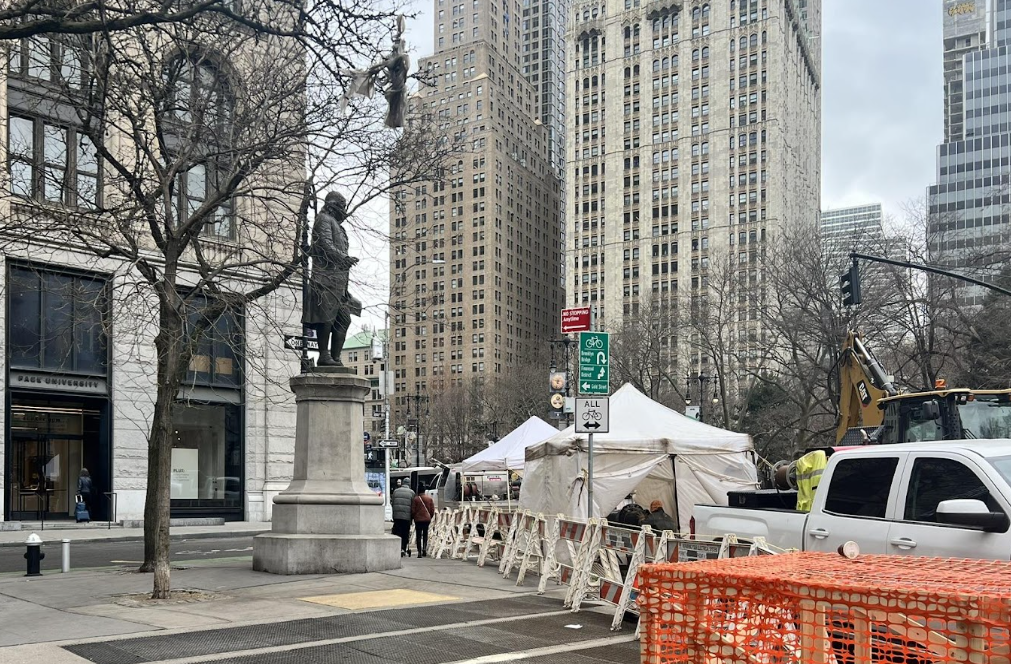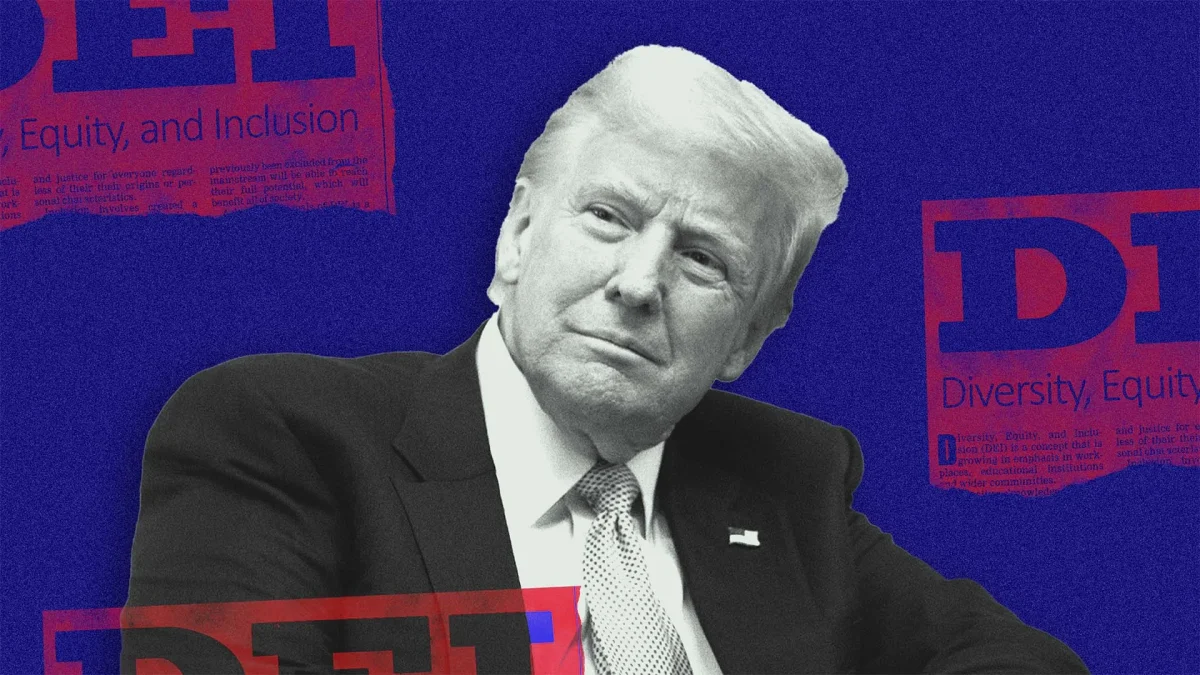The Council on Islamic-American Relations has recently reported that places of Islamic worship were targets of attacks eight times in a span of 13 days during August, the month of Ramadan. The incidents took place in Missouri, California, Illinois, Oklahoma, Florida, and New York. The increase in these incidents appears to be result of Islamophobia, or the unfounded fear and hostility towards Islam.
In the previous seven months combined, there had been 10 incidents. Of the eight episodes during Ramadan, the most headlined was the suspicious fire on August 6 that destroyed The Islamic Society of Joplin’s building. A month earlier, a small fire was reported at the building and later determined to be the result of arson.
Ousmane Toure, senior, argues, “Ignorance and the lack of true understanding of what Islam is and its true goals are the root. On celebratory days like Eid,” Toure recounts, “which is our celebration and when we wear our full Islamic garments, people give me funny looks. Or I might walk somewhere and people will walk the other way.”
An ABC News survey conducted in 2005 showed that four months after 9/11, 14 percent of people believed mainstream Islam encouraged violence. At the time, it had risen to 34 percent. They also found that 43 percent thought Islam didn’t teach respect for the beliefs of non-Muslims, almost doubling the previous rate.
Anum Malik, senior, shared her experience with callous remarks made toward her religion. “In eighth grade, one of our substitute bus drivers was driving by a mosque on Friday and usually Fridays are very religious days for Muslims. One of my friends told me that he had made a comment saying, ‘Hey guys, look, a terrorist training center,’” Malik continues, “I came into school next and confronted the bus driver. I told him if you don’t have anything nice to say, don’t say anything at all.”
Organizations like CAIR, a grass-roots civil rights and advocacy group headquartered in Washington D.C., try to bridge the gap of misunderstanding and ensure that the Muslim voice is heard through education, media relations, government relations, education and advocacy. They represent the millions of Muslim Americans across the country like Malik and Toure that have been victims of religious insensitivities, discrimination, or acts of violence.

